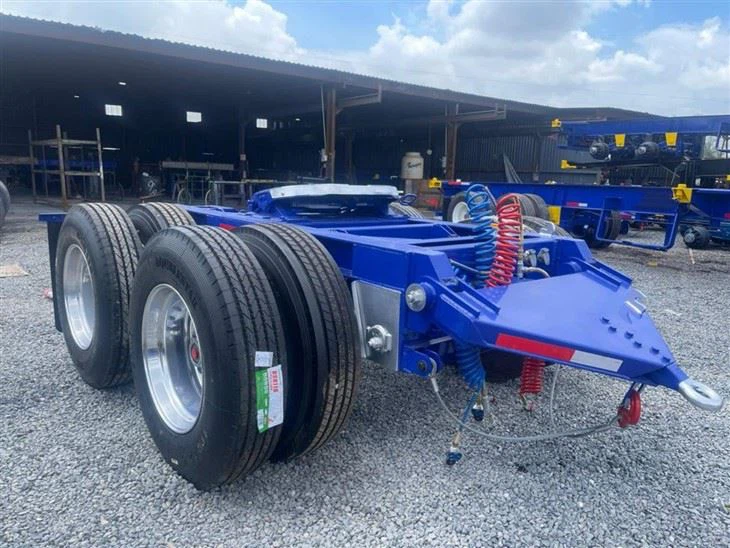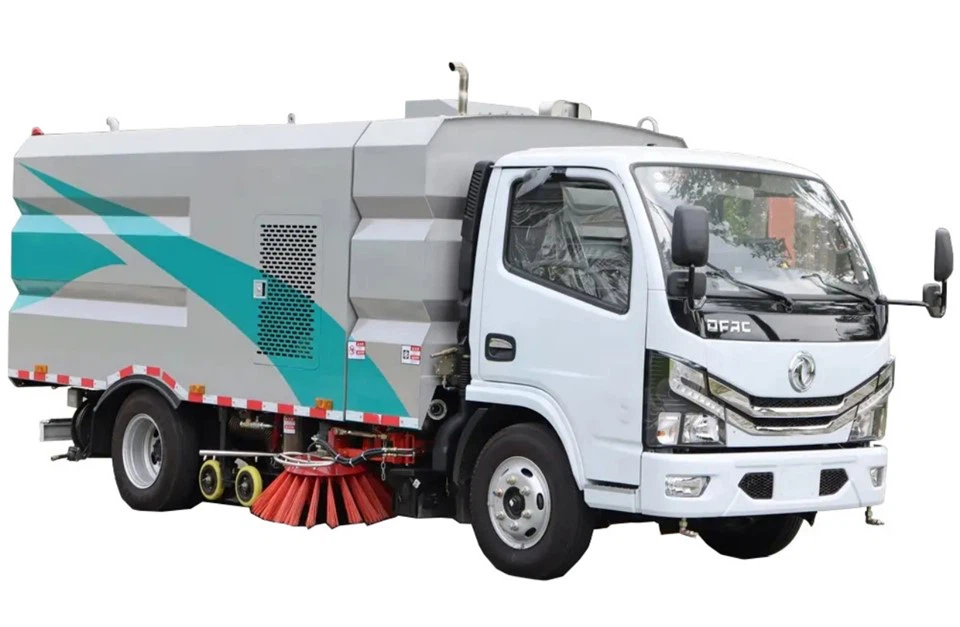Understanding Garbage Trucks: The Unsung Heroes of Waste Management

In our daily lives, garbage trucks play a vital role in keeping our communities clean and safe. While often overlooked, these vehicles are essential for effective waste management. This article delves into various aspects of garbage trucks, including their types, operation, environmental impact, and tips for proper waste disposal.
What is a Garbage Truck?
A garbage truck is a specialized vehicle designed to collect, transport, and dispose of waste material. Typically operated by waste management companies or municipalities, these trucks come in various shapes and sizes to accommodate different types of waste.
The Different Types of Garbage Trucks
Garbage trucks can be categorized into several types based on their specific functions and the waste they are designed to handle. Here are the most common types:
1. Rear-Loader Trucks
Rear-loader garbage trucks are one of the most common types. They have an opening at the back where waste is loaded. These trucks are generally suited for residential waste collection.
2. Front-Loader Trucks
Front-loader trucks have large forks that lift bins positioned in front of them. They are often used in commercial settings for collecting large volumes of waste.
3. Side-Loader Trucks
Side-loaders can collect waste from both the side and back. This type is becoming increasingly popular in residential areas for automated waste collection.
4. Vacuum Trucks
Vacuum trucks are specialized for cleaning various types of waste, including liquid and sludge. They are essential for sewage management and street cleaning.
5. Compactor Trucks
These trucks are equipped with compactors that crush and compress waste, allowing for more efficient transport of larger volumes of refuse.
How Garbage Trucks Work

Understanding how garbage trucks operate helps in appreciating their role in waste management. The following steps outline the typical operation of a garbage truck:
- Collection: Waste is collected from bins or designated areas.
- Loading: Garbage is loaded into the truck’s storage compartment through either mechanical or manual means.
- Compaction: The collected waste is compacted to maximize space and minimize transportation costs.
- Transportation: The truck transports the waste to a landfill or waste processing facility.
- Disposal: Finally, waste is either dumped in a landfill, sent for recycling, or processed through other methods.
The Importance of Garbage Trucks
Garbage trucks are crucial for several reasons:
1. Public Health
Regular garbage collection helps prevent the spread of diseases by reducing waste accumulation, which can attract vermin and pests.
2. Environmental Protection
Proper waste disposal minimizes environmental pollution. Garbage trucks ensure that harmful materials are transported to appropriate disposal sites.
3. Urban Aesthetic
By removing waste from public spaces, garbage trucks contribute to the cleanliness and attractiveness of urban environments.
4. Compliance with Regulations
Regular waste collection is often mandated by local regulations, making garbage trucks essential for municipalities to comply with these laws.
Environmental Impact of Garbage Trucks
While garbage trucks serve essential functions, they also have environmental implications. Here are some key points to consider:
1. Emissions
Garbage trucks traditionally run on diesel, which can contribute to air pollution. However, many municipalities are shifting towards cleaner alternatives, like electric-powered vehicles.
2. Noise Pollution
The operation of garbage trucks can be noisy, particularly early in the morning or late at night, affecting local communities. Scheduling routes strategically can help minimize this impact.
3. Landfill Management
Improper waste management can lead to overflowing landfills, which adversely affects the environment. Garbage trucks are crucial in maintaining an organized waste disposal system.
Best Practices for Garbage Disposal
1. Segregate Waste
Sort waste into different categories: recyclables, compostables, hazardous waste, and general trash. This helps reduce the amount of recyclable or compostable waste that goes to landfills.
2. Use Proper Containers
Utilize adequately sized bins to prevent overflow and keep waste secure, thus minimizing litter in your community.
3. Follow Collection Schedules
Ensure that waste is put out on the designated collection day to prevent missed pickups and unsightly waste accumulation.
4. Report Issues
If you notice missed pickups or illegal dumping, report these incidents to local waste management authorities to maintain community cleanliness.
The Future of Garbage Trucks

The waste management industry is evolving. Here are some trends shaping the future of garbage trucks:

1. Automation and Robotics
Automation is in the works, with some companies experimenting with robotic arms for waste collection, reducing the need for manual labor.
2. Electric Vehicles
As environmental consciousness rises, more cities are investing in electric garbage trucks to cut down on emissions and noise pollution.
3. Smart Technology
Implementing technologies like GPS and route optimization can help reduce fuel consumption and improve collection efficiency.
Frequently Asked Questions (FAQs)
1. How often do garbage trucks collect waste?
This varies by municipality but typically ranges from once a week to several times a week for commercial properties.
2. What materials can be recycled in garbage trucks?
Common recyclable materials include paper, cardboard, glass, metals, and certain plastics, but always check local regulations.
3. What should I do if my garbage was not picked up?
Contact your local waste management authority to report the missed pickup and find out the reasons behind it.
4. Are garbage trucks dangerous for pedestrians?
Yes, they can pose dangers if pedestrians are not aware of their operation. Always be cautious around garbage trucks and watch for their movements.
5. How are hazardous materials handled by garbage trucks?
Hazardous materials are usually collected separately and require special handling procedures to minimize risks to public health and safety.
6. Can garbage trucks operate in residential areas?
Yes, most garbage trucks are designed to operate in residential areas, and they often have set routes for efficient waste collection.
Conclusion
Garbage trucks are indispensable in maintaining cleanliness and health in our communities. By understanding their operation, types, and the environmental implications, we can actively participate in waste management efforts.
